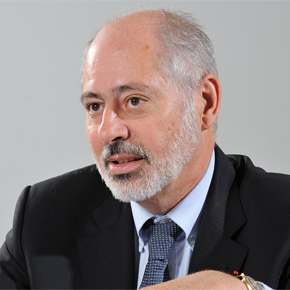 |
||
|
Russian Military Says CFE Treaty Has No Future RIA Novosti, PUBLISHED April 02, 2013 Six years after announcing a unilateral moratorium on the Treaty on Conventional Armed Forces in Europe (CFE), the Russian Defense Ministry has reaffirmed that the original document has no prospects in the future. “The CFE treaty was signed when two opposing military blocs – NATO and the Warsaw Pact – still existed,” head of the Russian Defense Ministry’s department for control over the execution of international treaties Sergei Ryzhkov told reporters in Moscow on Monday. “One of these blocs is gone, but the old treaty remains. I do not see its usefulness anymore as it has lost all meaning,” Ryzhkov said. Topics: Russia Other news: The transaction on consolidation of a 100% stake in Uranium One Inc. by ARMZ Uranium Holding Co. has been approved both by the Ontario Superior Court of Justice in Canada, and regulators in Russia, Australia and the USA. UK Radiation Experts Say Berezovsky House All Clear- TV The CBRN trained officers found nothing of concern. Belarus NPP: the construction is ahead of schedule In September 2013 it is necessary to complete work on all 62 facilities of the construction support base and off-site grids and utilities. |
Hero of the day 
Jacques Repussard: knowledge, independence, proximity They told me: "Mr Repussard, we're not used to responding to anti-nuclear organisations". To which I replied: "We will not reveal any state or trade secrets, but we will not leave them without any answer". INTERVIEW
Georgy Toshinsky OPINION
Andrey Zolotov, Jr. |

